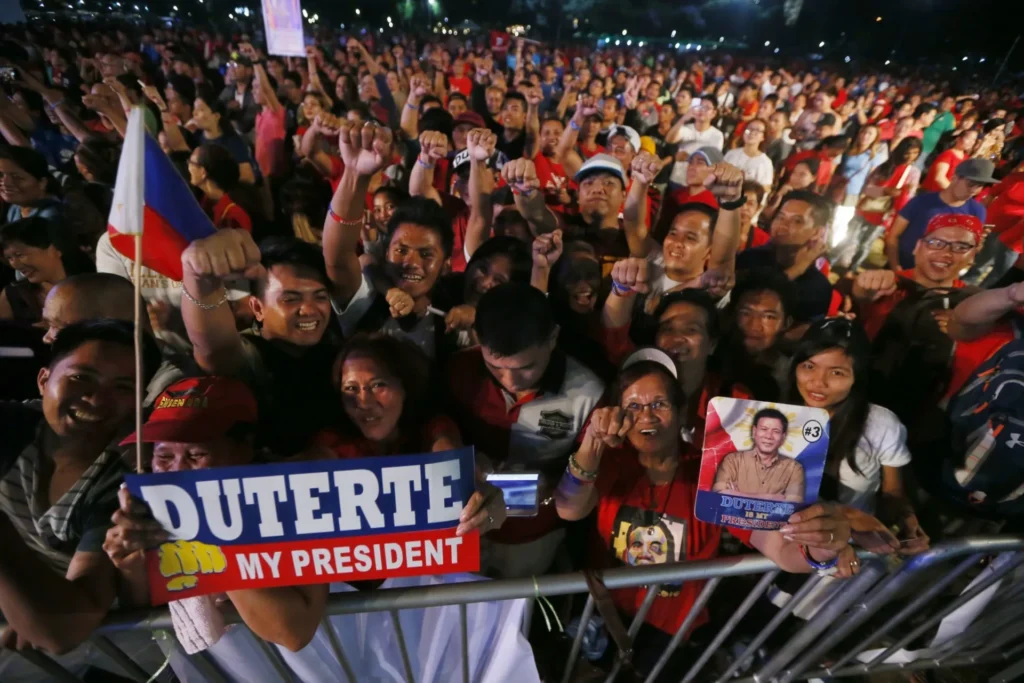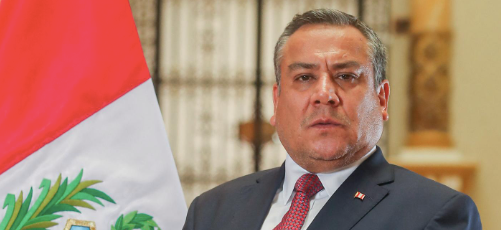
Rodrigo Duterte’s surprising victory in the recent Davao elections has ignited widespread anger and unrest across the Philippines. Opposition groups, civil society leaders, former political prisoners, and young activists have taken to the streets, challenging the legitimacy of Duterte’s win and raising serious concerns about the future of democracy in the country.
Many protesters and political critics allege that Duterte’s victory was secured through manipulation and abuse of political power, calling it a direct threat to the democratic process. Despite ongoing legal challenges and increasing opposition, Duterte’s political influence remains strong, leaving many observers shocked and alarmed.
The election results have become a flashpoint for broader debates about democratic freedoms and governance in the Philippines. Opposition groups argue that the election was marred by irregularities and that Duterte’s win undermines the principles of fair representation and accountability. Calls for an independent investigation into the election process have grown louder as protests intensify nationwide.
Former political prisoners and civil society organizations have voiced their concern over what they perceive as a weakening of democratic institutions. Young activists, energized by the recent developments, have been at the forefront of the protests, emphasizing the need to protect democratic rights and ensure transparency.
The current situation has left many wondering whether Philippine democracy is at a critical crossroads. As Duterte maintains his political dominance, questions about checks and balances, the rule of law, and freedom of expression have become more urgent. The protests reflect a deepening divide within the country and underscore the challenges facing democratic governance.
International observers and local stakeholders alike are closely monitoring the developments, emphasizing the importance of peaceful dialogue and respect for democratic processes. The coming weeks will be crucial in determining how the Philippine government and society respond to these growing calls for accountability and reform.
Rodrigo Duterte’s unexpected win in Davao has not only sparked widespread protests but also triggered a national conversation about the health and resilience of democracy in the Philippines. As demands for transparency and justice rise, the country faces a pivotal moment that could shape its political future for years to come.




